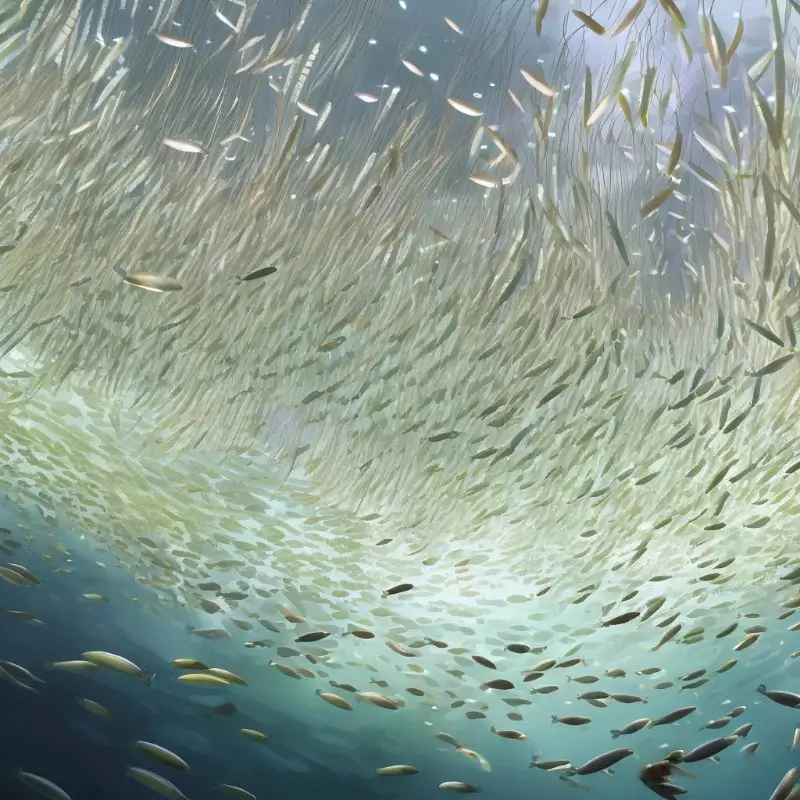why are krill swarms important to global climate?
Krill swarms are important to global climate for several reasons, primarily due to their role in the marine food web and the impact they have on oceanic processes. Here are some key reasons why krill swarms are significant:
- Biological Carbon Pump: Krill are tiny shrimp-like creatures that are a primary food source for many marine animals, including whales, seals, and penguins. When these larger animals consume krill, they digest the carbon-rich krill, and some of the carbon is transferred to their bodies. When they die and decompose or are excreted, this carbon can end up on the seafloor, effectively removing carbon dioxide from the atmosphere and storing it in the deep ocean. This process is known as the biological carbon pump, and krill play a crucial role in it.
- Oceanic Nutrient Cycling: Krill are also important for nutrient cycling in the ocean. They feed on phytoplankton, which are microscopic plants that use sunlight to produce organic matter. Krill excrete nutrient-rich waste that can be used by other organisms in the food web, which in turn can support more complex marine life. This recycling of nutrients is essential for maintaining the health and productivity of ocean ecosystems.
- Impact on Cloud Formation: Some research suggests that krill swarms can influence cloud formation. The tiny krill create more surface area for water vapor to condense around, potentially leading to the formation of clouds. Clouds can have a significant impact on Earth’s energy balance by reflecting sunlight back into space (albedo effect) or trapping heat near the surface (greenhouse effect). The exact role of krill in cloud formation and its broader climate implications are still areas of active research.
- Ecosystem Indicators: Krill are often used as indicators of ocean health because they are at the base of the food web and are sensitive to changes in their environment. Their abundance and distribution can reflect the overall condition of marine ecosystems, including the impacts of climate change, pollution, and overfishing.
- Carbon Sequestration: As mentioned earlier, krill and the larger animals that eat them help to sequester carbon from the atmosphere into the ocean. This is important for mitigating the effects of climate change, as it reduces the amount of greenhouse gases in the atmosphere that can contribute to global warming.
- Ecological Interactions: Krill swarms can influence the behavior and distribution of higher-level predators. For example, predators may follow krill swarms to find food, which can affect the dynamics of predator-prey relationships and the overall structure of marine communities.
In summary, krill swarms are important for global climate through their contributions to carbon cycling, nutrient recycling, cloud formation, and as indicators of ocean health. Their presence and activities have far-reaching effects on marine ecosystems and the broader climate system.



